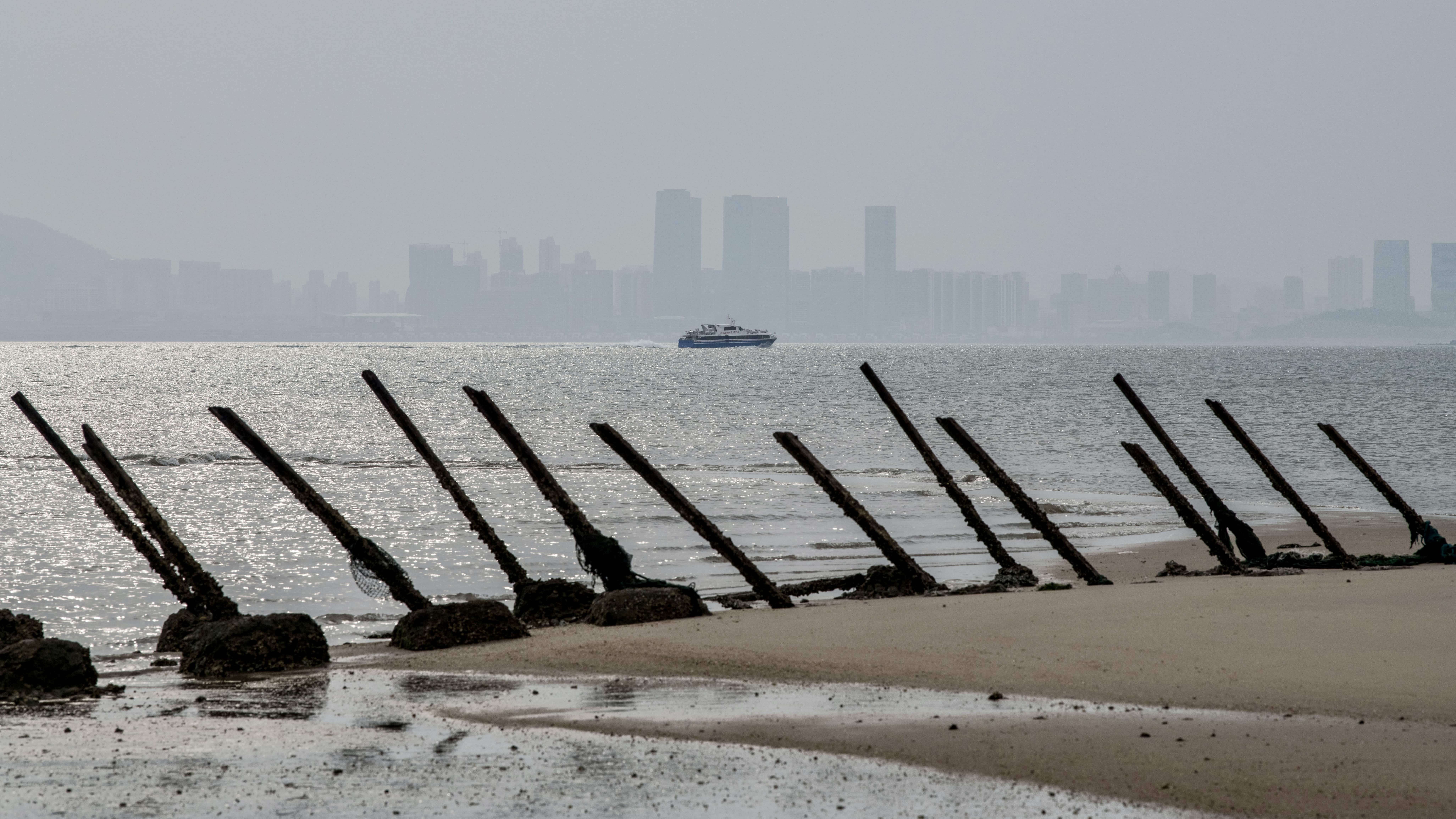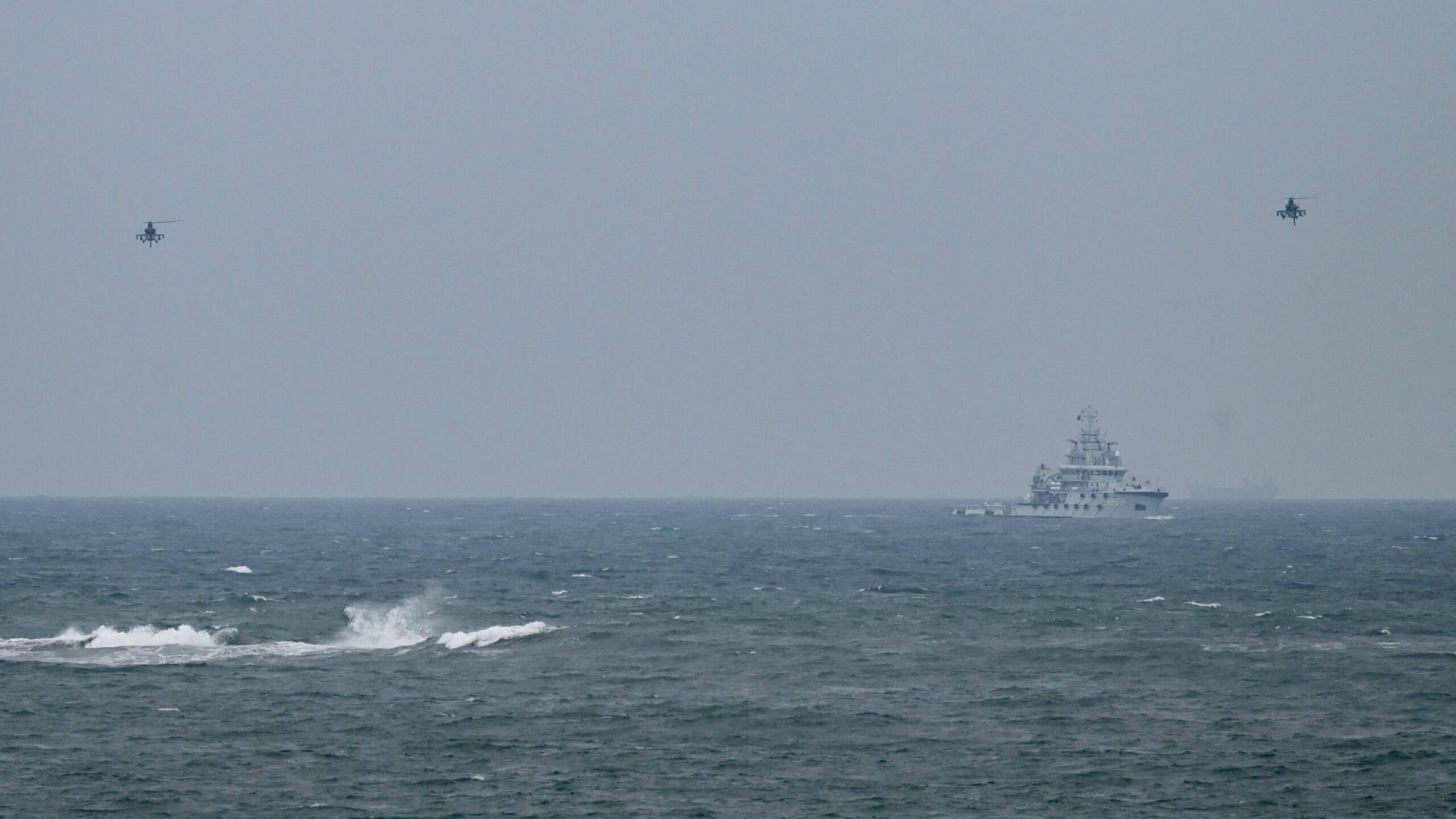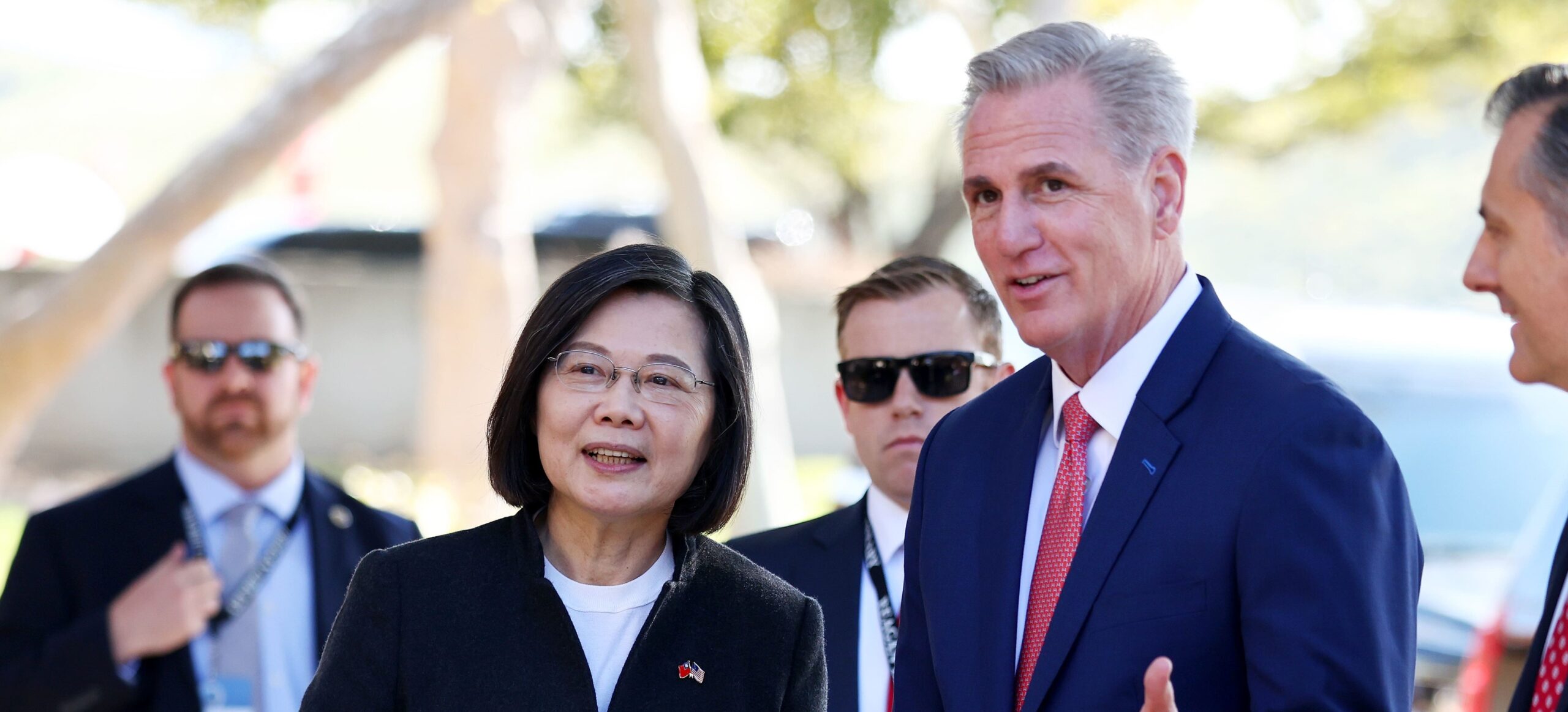In this episode of the ChinaPower Podcast, we are joined by Mr. Kenneth W. Allen, Mr. Gerald C. Brown, and Mr. Thomas J. Shattuck to discuss China’s People’s Liberation Army’s (PLA) flight incursions into Taiwan’s Air Defense Identification Zone (ADIZ). They first define the PLA’s incursions as a tactic for China to undermine Taiwan’s sovereignty and explain how such actions impact China and Taiwan’s policy goals. They reveal that the PLA launches these incursions to serve as punishment and intimidation when it is dissatisfied with Taiwan’s policies or engagement with the international community. Additionally, they note that these sorties are far from replicating the amount of air power or coordination that China would need to launch an invasion of Taiwan. However, they also point out that it is likely future PLA incursions will grow in sophistication as China sees the importance of air superiority in the Ukraine conflict. Lastly, they assess that there is no evidence so far that China is taking advantage of current US and European attention on the Ukraine crisis to significantly increase military pressure on Taiwan.
Keyword:Taiwan
The Best of ChinaPower: Highlights of the 2020 DoD Report on Chinese Military Power: A Conversation with Chad Sbragia
This special “best of ChinaPower” episode examines the trajectory of Chinese military developments and national strategy, as well as key findings of the 2020 Department of Defense (DoD) annual report to Congress entitled Military and Security Developments Involving the People’s Republic of China. Our guest, Mr. Chad Sbragia, then-Deputy Assistant Secretary of Defense for China, discusses a wide range of topics, including China’s capacity to launch an amphibious assault on Taiwan, China’s nuclear strategy, and the Belt and Road Initiative. Mr. Sbragia also highlights the growing alignment between the People’s Liberation Army (PLA) and China’s broader national strategy, and he explores the implication of PLA modernization for stability and crisis prevention in the coming years.
Highlights of the 2020 DoD Report on Chinese Military Power: A Conversation with Chad Sbragia
In this episode, Deputy Assistant Secretary of Defense for China Chad Sbragia joins us to discuss the 2020 Department of Defense (DoD) annual report to Congress entitled Military and Security Developments Involving the People’s Republic of China. Deputy Assistant Secretary Sbragia discusses a range of topics including China’s capacity to launch an assault on Taiwan, China’s nuclear strategy, the Belt and Road Initiative, military-civil fusion, and China’s perception of global governance. Mr. Sbragia also highlights the growing alignment between the People’s Liberation Army (PLA) and China’s broader national strategy, and he explores the implication of PLA modernization for stability and crisis prevention in the coming years.
Taiwan’s Close Watch on Hong Kong Protests: A Conversation with Jude Blanchette and Bonnie Glaser
In this special crossover episode, CSIS Freeman Chair and “Hong Kong on the Brink” podcast host Jude Blanchette interviews Bonnie Glaser about the impact of the Hong Kong protests on Taiwan. Ms. Glaser analyzes the origins of “one country, two systems,” and the ripple effects of friction between mainland China and Hong Kong on cross-Strait ties. She also analyzes the potential role that unrest in Hong Kong could play in Taiwan’s January 2020 presidential election.
Results and Ramifications of Taiwan’s Elections: A Conversation with Shelley Rigger
In this episode, Dr. Shelley Rigger joins us to discuss the latest developments in cross-Strait relations, particularly since the November nine-in-one local elections in which the Democratic Progressive Party (DPP) suffered a major defeat. She analyzes the economic implications behind the election results and the DPP’s struggle to maintain stable relations with mainland China. Dr. Rigger also explores how Beijing might take advantage of the opportunity to engage with Taiwan’s newly elected officials, and forecasts the road ahead for Taiwan.
Series: The Fourth Taiwan Strait Crisis
This ChinaPower series closely examines developments surrounding the Fourth Taiwan Strait Crisis.
Tracking China’s April 2023 Military Exercises around Taiwan
After Taiwan’s President Tsai Ing-wen transited through the United States and held an in-person meeting with Speaker of the House Kevin McCarthy, China held major military exercises around Taiwan. This page tracks key Chinese activities.
Putting Taiwan President Tsai Ing-wen’s 2023 U.S. Transit in Context
Taiwan’s President Tsai Ing-wen transited through the United States in late March and early April of 2023. This ChinaPower feature contextualizes Tsai’s transit and Chinese responses by breaking down the facts surrounding past transits and analyzing China’s past behavior.




